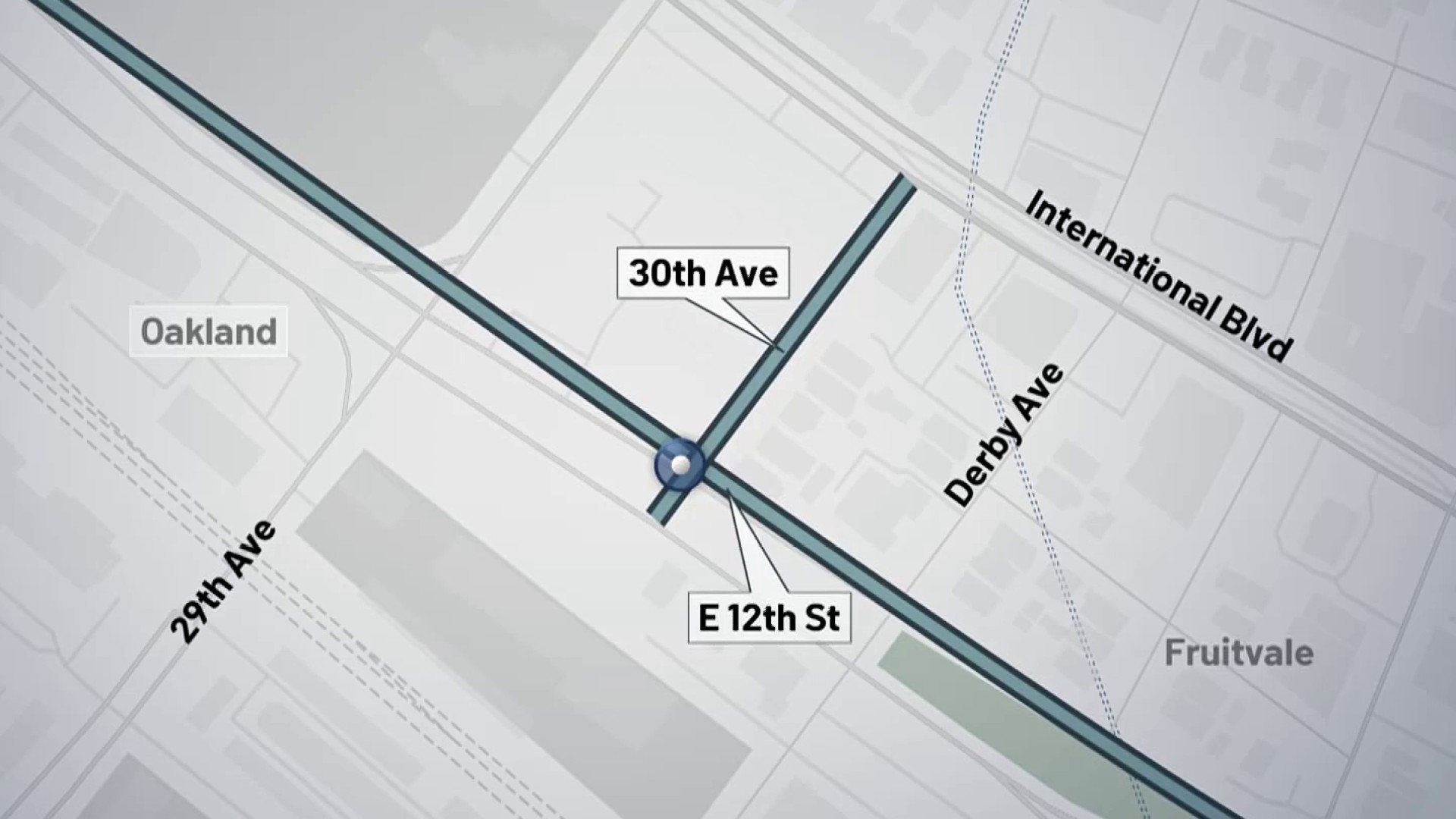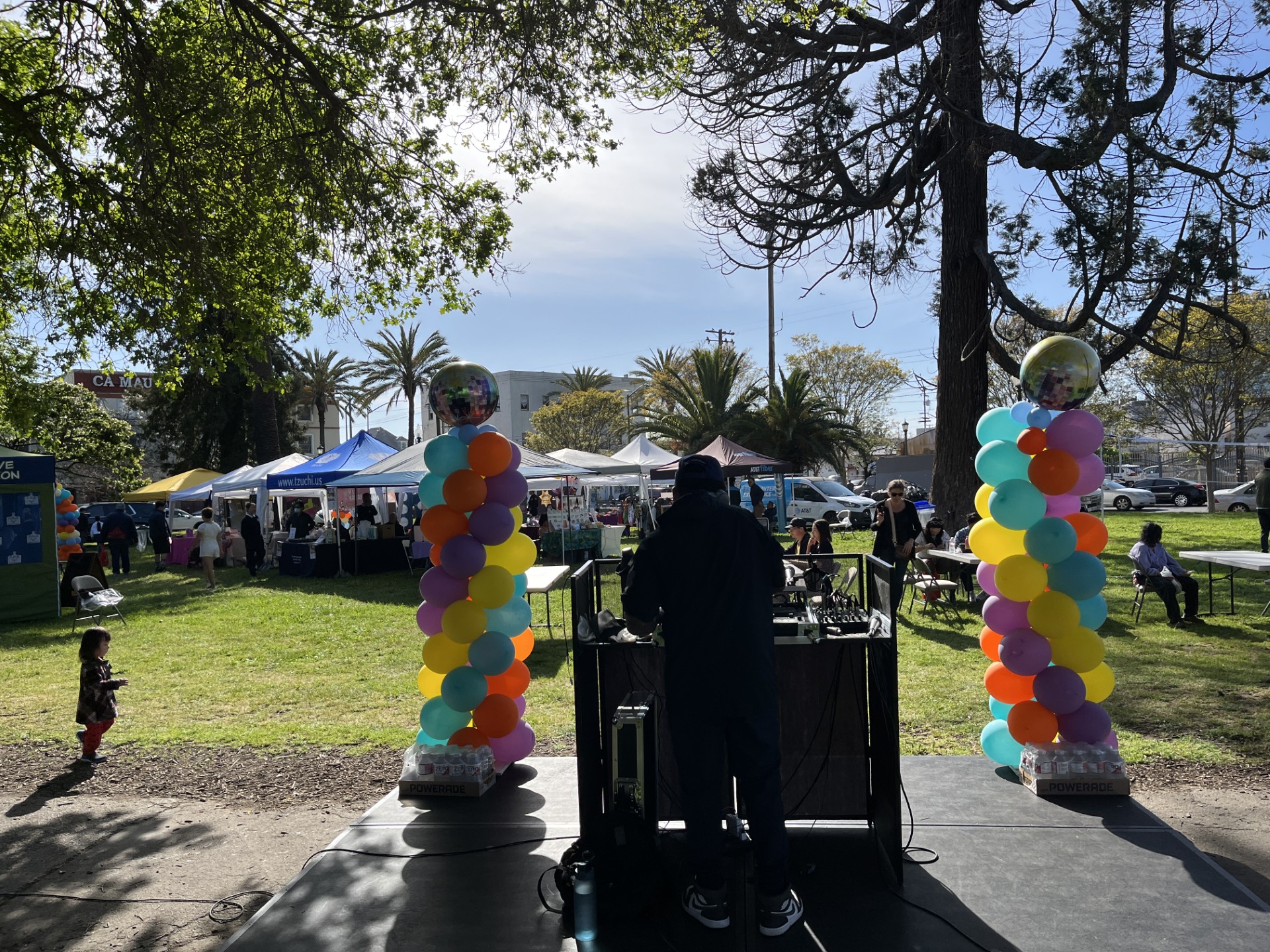With just over five months until the State’s deadline for Oakland to bring its 911 answering times into compliance, dangerously long pick-up times still plague the city.
If the city cannot meet the July 26 deadline set by the California Office of Emergency Services (CalOES), the agency said Oakland would take away state funding and possibly Oakland’s 911 center because calls would be routed to another agency.
CalOES sent Oakland the notice of non-compliance weeks after the NBC Bay Area Investigative Unit broke the story of Oakland having the worst 911 response out of any city in the state last July.
New January 2024 CalOES data analyzed by our team shows Oakland’s average 911 answering time was 44 seconds. That’s a 10 second improvement from last summer, but still a far cry from the State’s standard of 90% of calls answered within 15 seconds.
Get a weekly recap of the latest San Francisco Bay Area housing news. Sign up for NBC Bay Area’s Housing Deconstructed newsletter.
The new data shows Oakland currently has the worst 911 answering time out of any call center California by a large margin.
In September, Mayor Thao announced a $2.5 million dollar investment into the city’s ailing dispatch center. This week, she said the city is seeing the results of that influx with fewer dispatcher vacancies and more calls being picked up faster.
Over the past six months, Mayor Thao has declined more than a dozen requests for an interview by the Investigative Unit – until now. This week she sat down with Investigative Reporter Candice Nguyen.
State Deadline
Nguyen: In December, 50% of Oakland 911 calls were answered within 15 seconds. That is improvement, but Oakland needs to get to 90% in just over five months. Is the city on track?
Thao: This obviously has been a long time coming. I'm equally frustrated. When I tried calling 911 about a year and a half ago and received a busy signal…[Oakland] moving from 37% to 50% within just the first year in my administration, that is a huge success. But obviously it's not good enough.
Nguyen: Do you think Oakland's going to make the deadline, though?
Thao: That's to be seen. For me, it's about really filling in the vacancies. We’re bringing in the team as a cohort when we're hiring…We really want them to have the emotional support when they come in.
I'm really, really honored to have the team that I have that just within a year, we were able to take action, and implement the things that we needed to implement to ensure that we fill the vacancies, improve on the pick-up time, and ensure that we are retaining the talent that we have recruited.
Nguyen: If Oakland doesn't make the summer deadline by the state, what's the plan? Oakland is also at risk of essentially losing its 911 center because calls would then be routed to another agency. What would that mean for safety and for people in Oakland calling 911?
Thao: We're going to continue to do that work…I think that it's incredibly important that 911 dispatch is a local issue. Obviously, there are a lot of technicalities that we have to work on, whether it's at the local level or at the state level. But, you know, we're going to continue to do that work to ensure that we have a better pick up time.
Human Resources Fallout
In December, the Investigative Unit reported on vacancies within Oakland’s human resources department that led to the city failing to process about 1000 dispatcher applications for an entire year.
Nguyen: How did that happen and what's being done to make sure it never happens again?
Thao: Coming into the city in really the first year, we lifted the hood and we had to find solution to many of the problems that we saw – and this is definitely one of the problems. What we've done is we've put a priority on hiring within HR. We're going to be training them in a more appropriate ways…in dispatch or in other departments because we have vacancy issues in other departments...The position for the Director of HR that has just closed. And so we will be announcing a new HR director really soon.
Chronically outdated 911 tech
Nguyen: Last September…your City Administrator said within six months of that time Oakland will install that new 911 technology that it purchased years ago. That would be next month. Is Oakland on track with that?
Thao: I believe the Oakland is on track with that… I’m excited that he is very dedicated. He's dedicated to Oakland and to his job and ensuring that, you know, again, government is working for the people.
Nguyen: That promise has been made year after year before you been mayor. What's being done differently now?
Thao: The implementation, the will. I'll be honest with you, prior to being mayor, I was a councilmember. And as a councilmember, you're just a legislative branch. We had the authority as council members to pass the budget. And in previous budgets, we had set aside funding to upgrade technology, so to see that it hasn't yet been updated is really disheartening. And so, coming into office last year, that's exactly what we did. We use the $2.5 million, some of that, to upgrade technology so that we can have the infrastructure that our citizens need, and not just that, but that our workers deserve.
In a follow-up email, Mayor Thao’s team said Oakland has expedited an updated contract with Motorola to upgrade and modernize the computer-assisted dispatch (CAD) system that City of Oakland 911 call takers use to turn an emergency caller’s information into a dispatch order to first responder staff. This will be the first, and long overdue, major upgrade of this system in approximately 20 years.
As the Investigative Unit previously reported, in 2017 Oakland city council authorized $12.8 million dollars to install a new 911 public safety IT system. But the city failed to install the technology for the next five years.
To catch up on the Investigative Unit’s extensive coverage of this issue, visit: www.nbcbayarea.com/911



